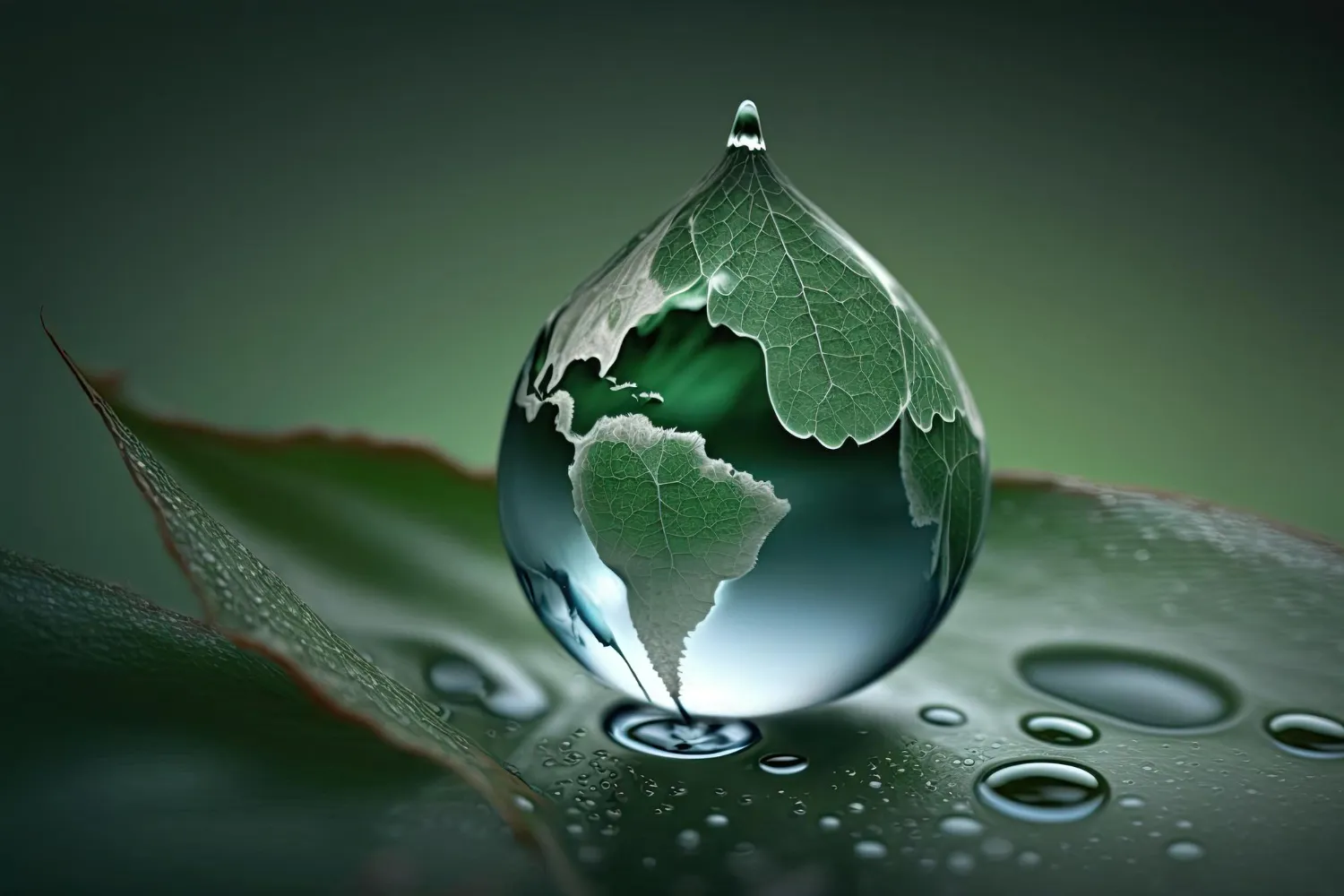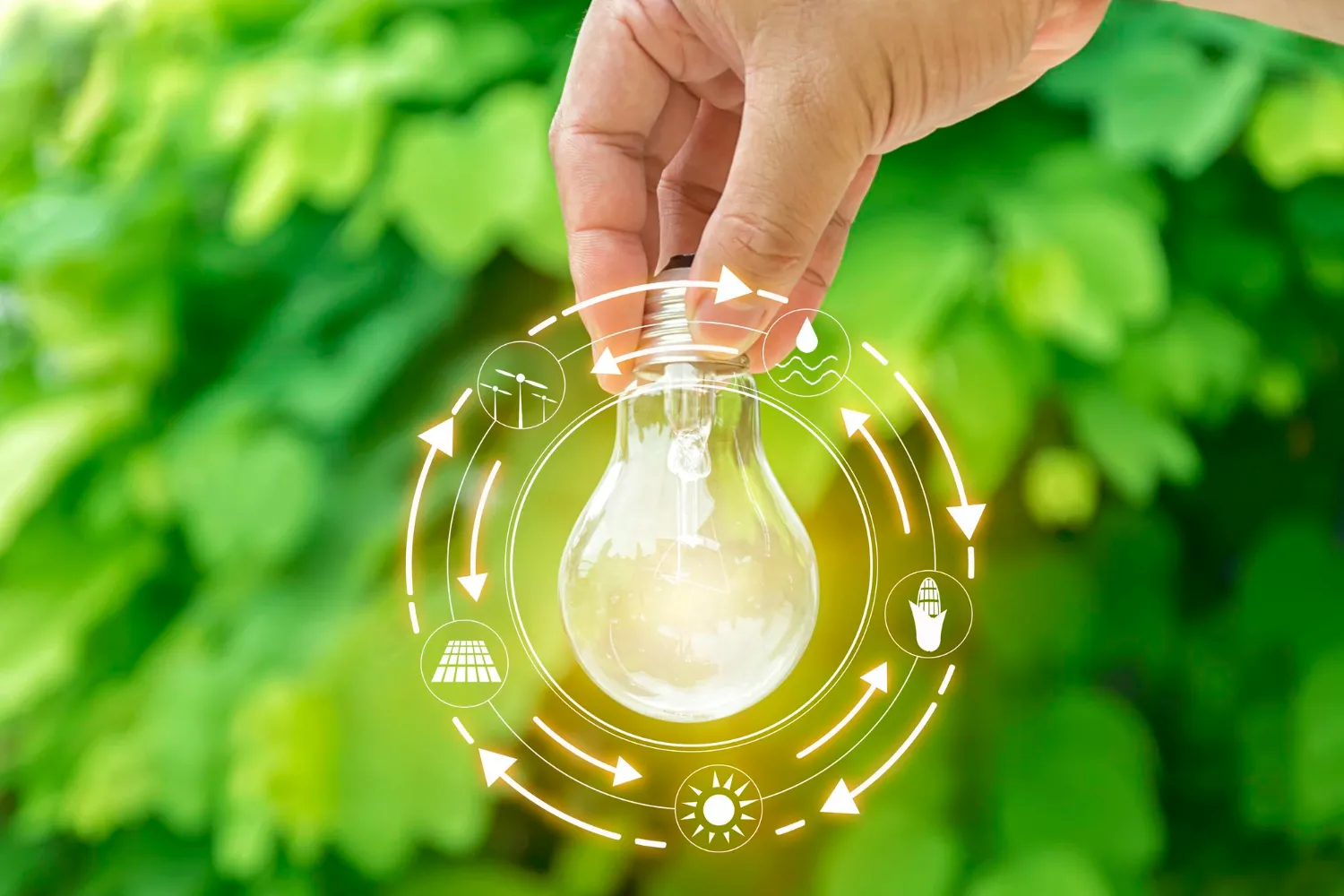Samuel Smiles once said, "Frugality is the daughter of common sense, the sister of moderation, and the mother of freedom." In today's world, where water and warmth are essential to our existence, these words carry more weight than ever. Climate change looms large, urging us to reconsider our habits before it's too late. While the challenges seem daunting, adapting our ways can be the key to our survival and the preservation of our planet.
If you are one of the privileged people on the planet with access to clean tap water and energy to heat your home, acknowledging and addressing the potential abuse of such a privilege becomes crucial. Below, you will find some concepts and ideas that invite consideration and adaptation in your own home, fostering a sense of responsibility and mindfulness in our consumption practices.

Navigating the Rising Energy Costs
As energy prices soar, and winter approaches, finding cost-effective ways to stay warm requires ingenuity. Our ancestors mastered this art, and we can tap into their wisdom. Here are five ideas to save energy during the winter:
Strategic Investments: Evaluate your energy usage and explore alternative, energy-efficient options. Consider investing in eco-friendly appliances, such as a washing machine with a quick 15-minute cycle.
Shower Efficiency: Treat your home as if it were living on a boat with a limited water supply. Encourage everyone in your household to adopt water-saving habits.
Clothing Consciousness: Extend the lifespan of your clothes. Did you know you can wear jeans for a month before washing them? Join the 100-day dress challenge to embrace sustainable fashion.
Weather-appropriate Clothing: In cold weather, layer up with thermals and keep moving to stay warm. When it's hot, stay cool by wearing a wet t-shirt that you can re-wet as needed.
Home Cooking: Besides the nutritional benefits, cooking your meals conserves energy and keeps you warm. It's a win-win for both your health and the environment. Consider the Wonderbag, a modern invention with roots in tradition, offering a recipe for positive global change.
Mindful Lighting: Opt for energy-efficient lighting options, such as LED bulbs. Remember to turn off lights in rooms not in use and make the most of natural light during daylight hours. Consider investing in motion sensor lights for areas with sporadic use.
Seal and Insulate: Ensure your home is well-insulated to retain heat during the winter months. Seal any drafts around windows and doors to prevent heat from escaping. This simple step can significantly reduce the need for constant heating.

Rethinking Water Usage: A Positive Challenge
Rather than viewing water scarcity as scary and creating negative thoughts, let's transform it into an opportunity to simplify our usage. Picture this: your one-minute shower becomes an act of resourcefulness. By standing in a large bowl, we collect greywater for tasks like washing floors and watering plants, provided we use natural soap and avoid chemicals. The kitchen sink, too, becomes a source of reusable water.
Opt for full loads and eco cycles when using washing machines and dishwashers. The anticipation of a reduced water bill becomes a motivating factor to continue this conscious practice. The ripple effect of saving precious resources extends beyond our households, benefiting the entire community. Imagine the impact if we all embraced this approach.
Additional ideas
Rainwater Harvesting: Install a rain barrel or a simple rainwater harvesting system to collect rainwater from your roof. This harvested rainwater can be used for watering plants, washing cars, or even flushing toilets, reducing your reliance on tap water.
Dual-flush Toilets: Consider upgrading to dual-flush toilets that allow you to choose between a low-volume flush for liquid waste and a higher-volume flush for solid waste. This simple adjustment can significantly decrease water usage in the bathroom.
Fix Leaks Promptly: Regularly check for and promptly repair any leaks in faucets, pipes, or toilets. A small, unnoticed leak can waste a significant amount of water over time.
Xeriscaping: If you have a garden, consider xeriscaping, which involves using plants that are well-adapted to the local climate and require minimal water. This landscaping approach not only conserves water but also creates a beautiful, sustainable outdoor space.
Water Recycling Systems: Explore the possibility of installing water recycling systems for domestic use. These systems treat and filter greywater from sinks, showers, and washing machines, making it suitable for reuse in non-potable applications like irrigation.

A Greener Approach
Winter often sees an increase in waste due to holiday celebrations and colder weather activities. Every time we consume something we are taking from the planet's resources and using energy in the process, often adding to the burden of refuse. Here are some tips to reduce waste and embrace recycling:
Gift Wrapping Alternatives: Instead of traditional gift wrapping paper, which is often not recyclable, consider using reusable options like cloth gift bags or wrapping gifts in scarves. This not only reduces waste but adds a thoughtful touch to your presents.
Mindful Consumption: Before making new purchases, especially for winter gear, assess what you already have. Repair or repurpose items instead of buying new ones, contributing to a more sustainable and minimalist approach.
Recycle Christmas Trees: If you celebrate with a live Christmas tree, check with your local municipality for tree recycling programs. Many areas turn discarded trees into mulch or use them for erosion control in local bodies of water.
Electronic Waste: With the holidays often bringing new electronic gadgets, make sure to recycle old electronics properly. Many retailers and municipalities have e-waste recycling programs.
Composting: If you have a composting system, use it for food scraps and organic waste. Composting not only reduces landfill waste but also creates nutrient-rich soil for your garden.

Living in a Privileged World
By simplifying our energy usage, we come to realize that it's a privilege often taken for granted in the first world. While third-world countries grapple with daily shortages, collective action from everyone could potentially ensure there's enough water and energy for every person on this planet.
I'd love to hear your thoughts on these ideas and learn about the actions you're taking to save water and energy. Feel free to share your experiences or reach out if you're interested in hay boxes, delicious recipes, or more insights into sustainable living. Together, let's embrace a frugal lifestyle for a more sustainable and harmonious future.

